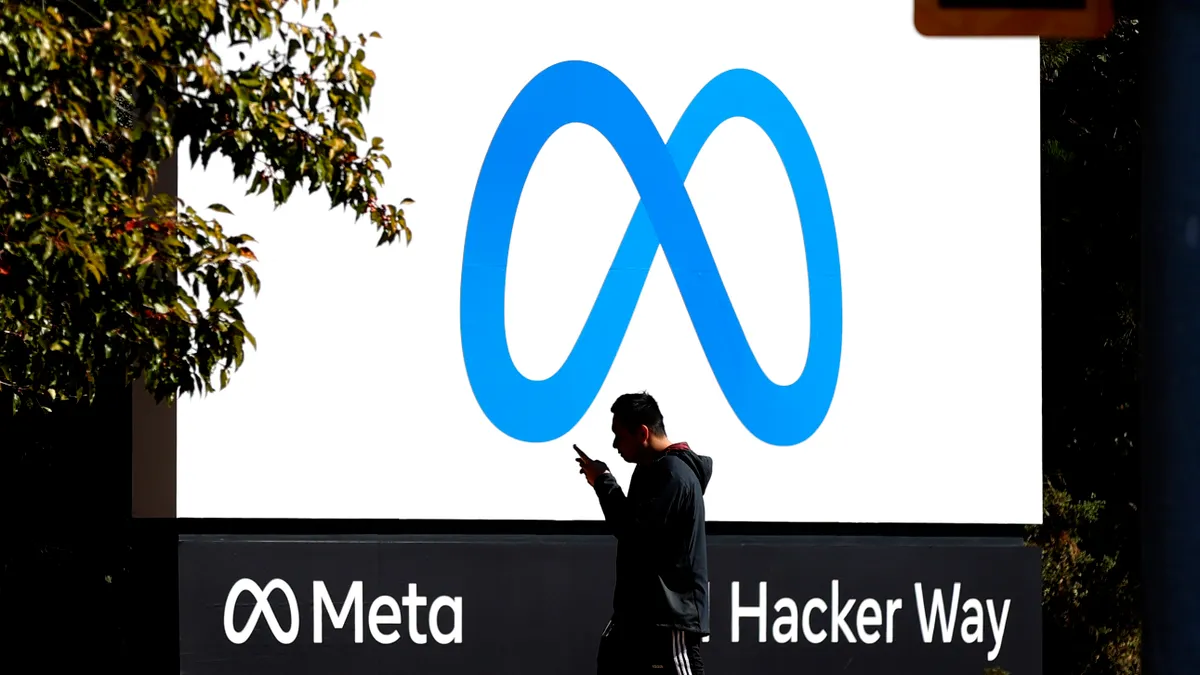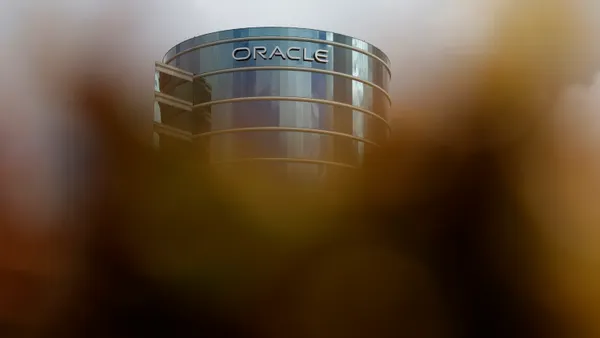Dive Brief:
- Meta unveiled its open-source large language model, Llama 2, at no cost for research and commercial use Tuesday. Organizations with products or services that have more than 700 million monthly active users will need to request a license from Meta.
- Trained on 2 trillion tokens, Meta characterized Llama 2’s data sources as publicly available online datasets. Llama-2-chat models were trained on similar sources and over one million human annotations, Meta said. Neither model was trained on Meta user data, according to the company.
- Meta tapped Microsoft as the preferred partner for Llama 2 as part of an expanding deal between the tech giants. The two companies will also work to create practical recommendations for AI implementation in media through the Partnership on AI group, joining a cohort of partners, which include Adobe, OpenAI, TikTok and BBC last week.
Dive Insight:
Part of the magic behind the public interest in ChatGPT last fall was that it was released at no cost for anyone to use. The paid versions came later.
With Llama 2 free for organizations to use, it eliminates a barrier to enterprise adoption and experimentation.
While Meta has worked on the technology behind large language models for years, the company has gradually taken steps to enter into the generative AI conversation post-ChatGPT.
Meta’s models still fall behind other models in some areas. In a test that measures an AI system’s ability to respond to natural language prompts in a human-like way, GPT-3.5 scored a 48, GPT-4 scored a 67 and Llama 2 scored a 30, according to Meta’s research.
“There is still a large gap in performance between Llama 2 70B and GPT-4 and PaLM-2-L,” Meta said.
Llama 2 offers a range of parameter sizes — between 7 billion, 13 billion and 70 billion — that are either pre-trained or fine-tuned variations. Tuned models are best for assistant-like chat functions and dialogue use cases, and pre-trained models can adapt to different natural language generation tasks, according to Meta.
Llama 2 is available in the Azure AI catalog and is optimized to run locally on Windows as an extension of Meta’s partnership with Microsoft, according to a Meta blog post. Llama 2 models are also available on AWS through its machine learning hub SageMaker JumpStart.
For Llama 2 users, Meta will provide red-teaming exercises, a responsible use guide, an acceptable use policy and a research paper detailing challenges, issues and steps to mitigate as part of the company’s open-source approach, the company said in the blog post.















